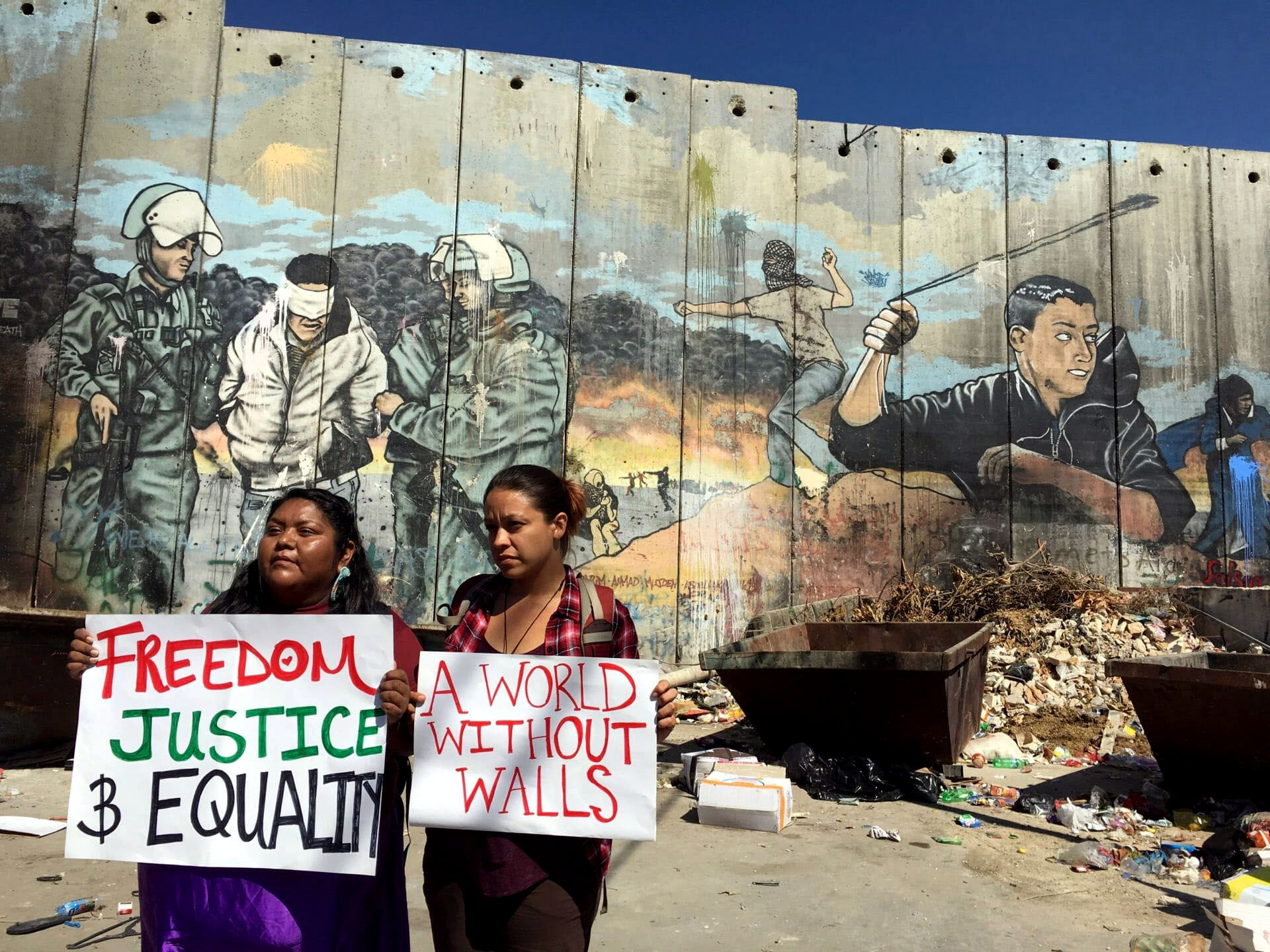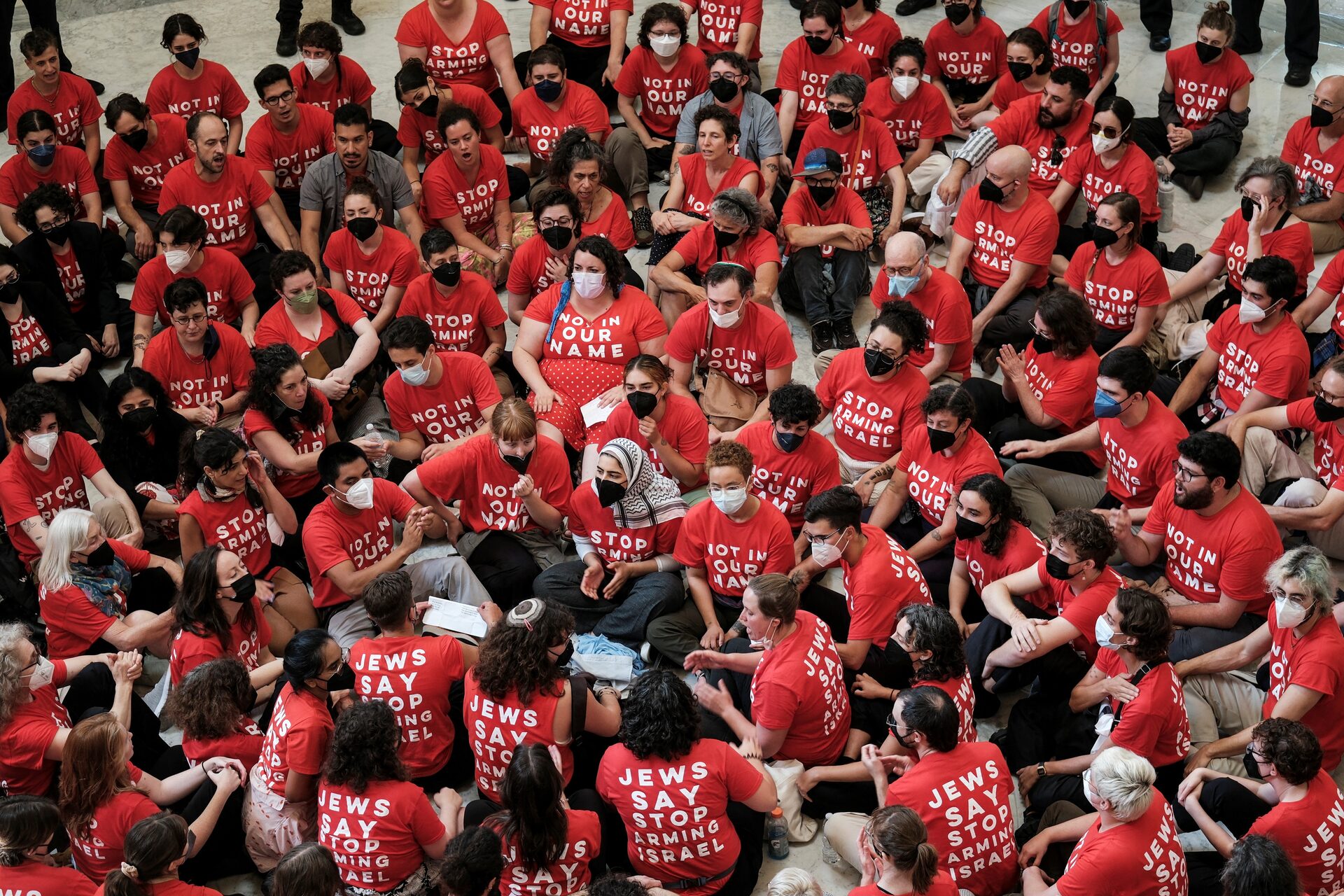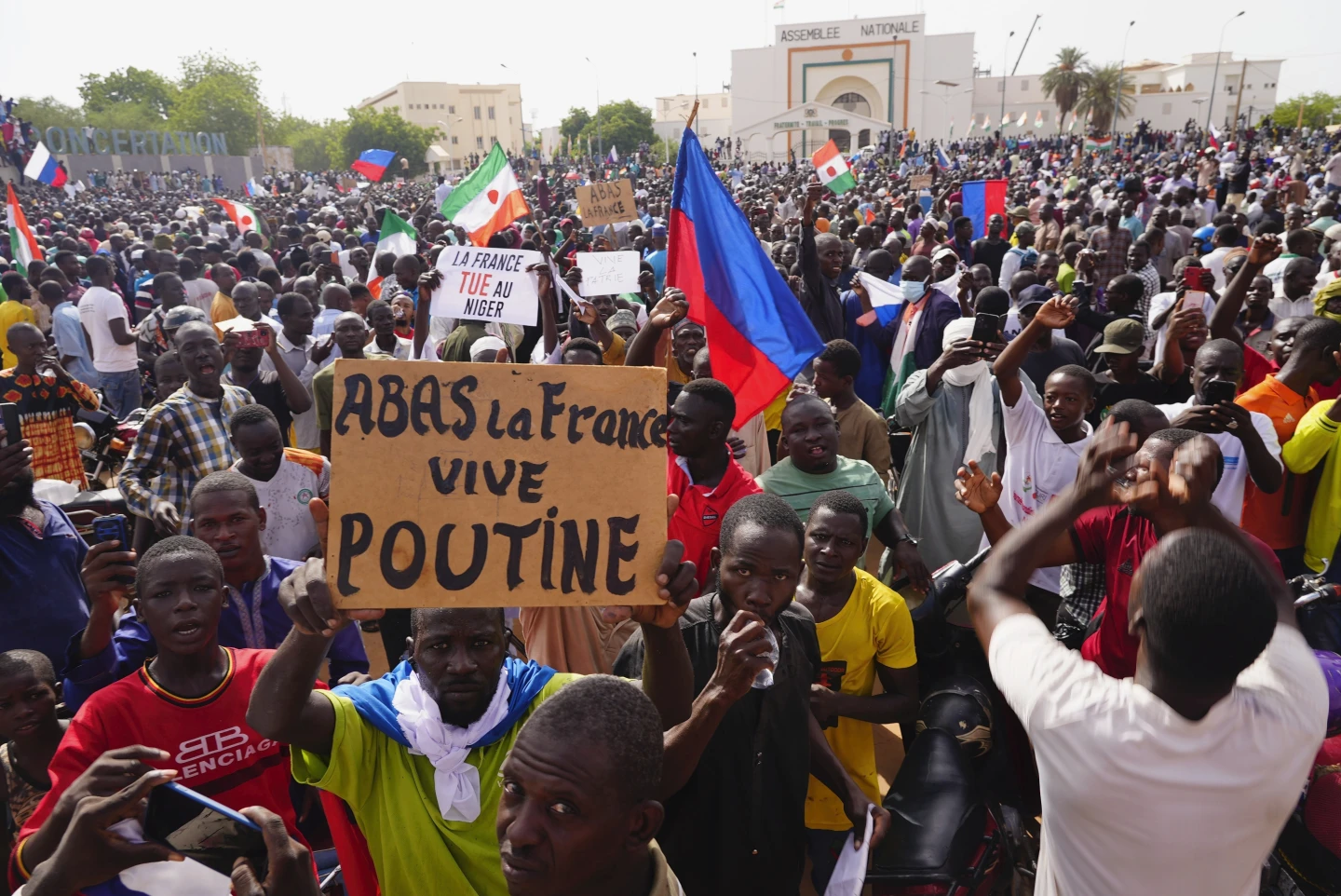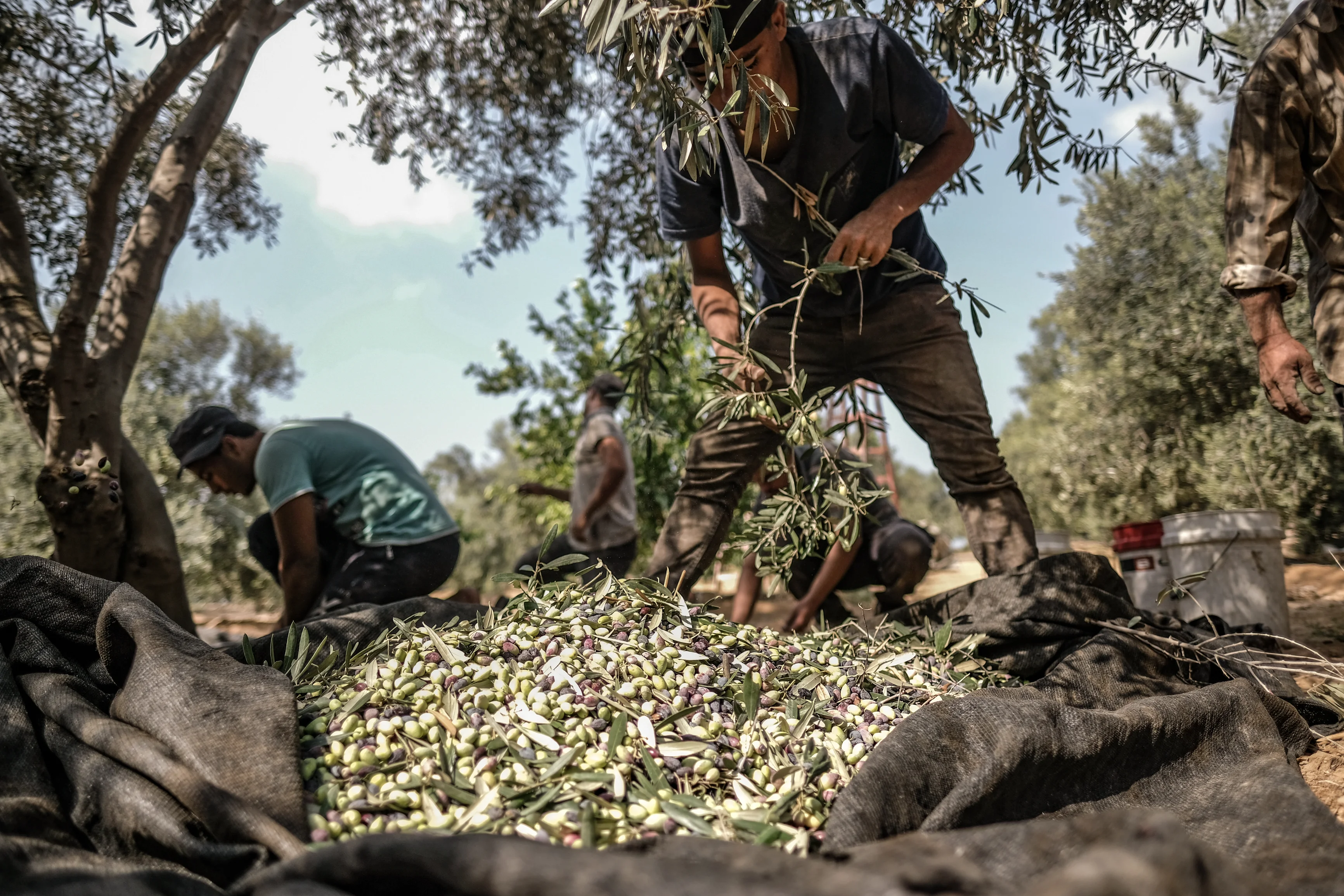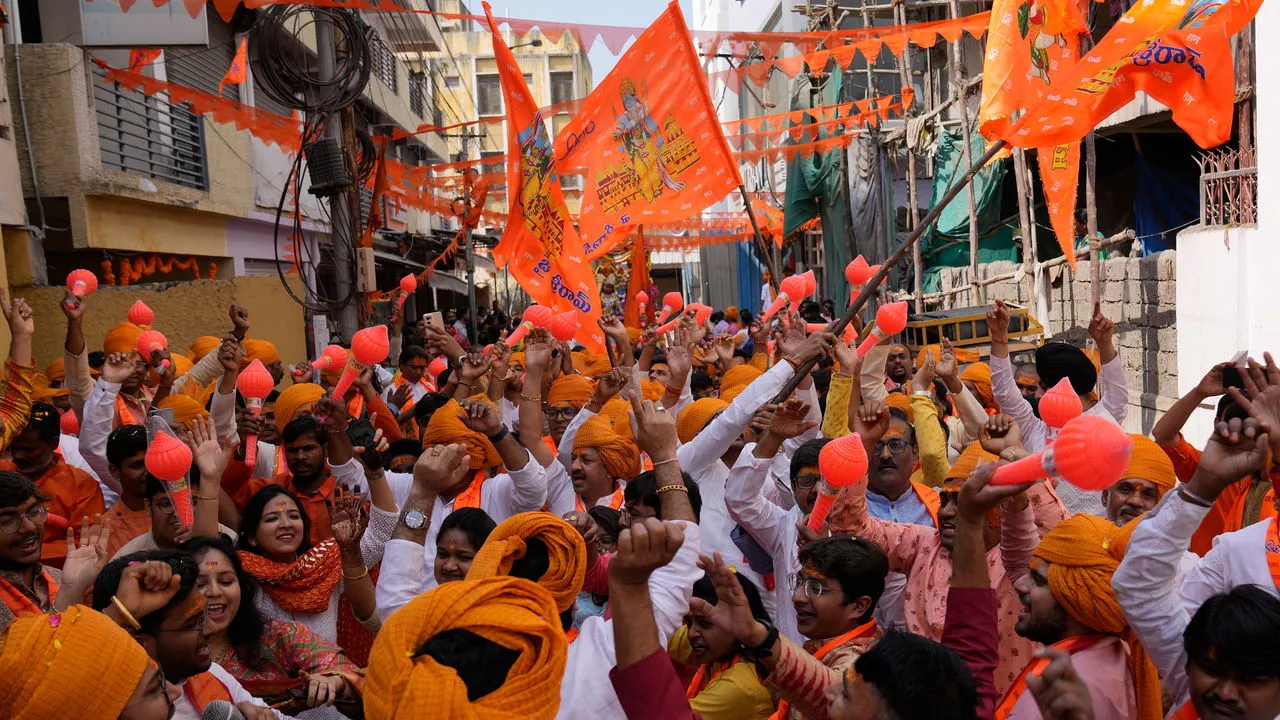Value Statement from HOOP
We, the Harvard Out of Occupied Palestine Coalition, are a group of students and student workers at Harvard University committed to Palestinian liberation. We are part of a rich tradition of students who stood up to U.S. imperialism in Vietnam and Iraq, rallied against apartheid in South Africa, fought for Black liberation in the United States, and built national living wage campaigns on university campuses. We understand that all of our historic movements for freedom and justice are intertwined. The Palestinian cause is not for Palestinians alone — it is a cause for people of conscience, concerned with humanity, freedom, and justice.
Over the past seven months, we have witnessed Israel and the United States unleash unimaginable cruelty in Gaza. As we write this, Israel has murdered more than 35,000 Palestinians, including 14,000 children. Every day brings more horrifying images than the last: families facing starvation, people undergoing amputation without anesthesia, newly discovered mass graves, entire neighborhoods reduced to rubble.
These atrocities are not new. Since the original Nakba — Arabic for catastrophe — of 1948, when 750,000 Palestinians were ethnically cleansed from their land, Palestinians have been dispossessed and fragmented by a pernicious apartheid regime, a brutal military occupation, and a suffocating blockade. Zionism, the political project rationalizing this violence, requires the subjugation of Palestinian life and the continued colonization of Palestinian land. There can be no equivocation: Palestine is occupied from the Sinai to the Galilee, from the Jordan River to the Mediterranean Sea.
This oppression is co-signed and co-sponsored by the United States government and its institutions. The U.S. continues to sustain the Zionist colonial regime with billions of dollars in military funding. Since its founding, Israel has been the largest cumulative recipient of U.S. foreign aid, receiving approximately $300 billion in economic and military assistance.
As we walk the halls of Harvard, study in its libraries, and sleep in its dormitories, we are acutely aware that there are no universities remaining in the Gaza Strip. Israel has robbed Palestinians of their right to education by systematically destroying academic infrastructures and communities. Professors, teachers, students, and academic workers have been targeted and killed along with the rest of Gaza’s population. As students, educators, and graduate workers, we have a duty to fight against this genocide.
Palestine is not only a moral issue. It is an issue that affects our campus, one that fundamentally implicates Harvard University. As of 2019, Harvard had invested at least $200 million in companies with ties to illegal Israeli settlements, a flagrant violation of international human rights law, and at least $86,625 worth of investments in the Israeli military. Today, the Harvard Management Company, which oversees the world’s largest university endowment of $51 billion, discloses no information about the scale or nature of its investments in Israel.
On its campus, we have witnessed the university relentlessly suppress voices in its community speaking out against the actions of the Israeli state and for the rights of the Palestinian people. Time and again, we have seen Harvard pioneer and affirm the “Palestine exception to free speech,” silencing professors and students when they speak out about Palestine or include Palestinian liberation in their ethic of social justice. The university is also failing to protect its community from violent and racist anti-Palestinian harassment. Just last month, Harvard unilaterally suspended the Palestine Solidarity Committee after months of administrative persecution and discriminatory measures.
Enough is enough. In the past seven months, our protests against the intensifying genocidal campaign in Gaza have been met with repression, administrative targeting, willfully racist attacks (including from politicians and faculty members), and arbitrary policy changes designed to silence our voices. We will not be deterred. Our commitment to protest Harvard’s moral, institutional, and financial complicity in the genocide of Palestinians remains unwavering.
As student governments in schools across Harvard pass resolutions for divestment, the University must contend with the fact that its students will not tolerate its support for genocide, violence, and apartheid. In doing so, we proudly continue Harvard’s legacy of anti-war, anti-racist student organizing, from the mock “shanty towns” established in Harvard Yard in 1986 to protest apartheid in South Africa, to the 1969 University Hall occupation protesting against the war on Vietnam.
Our movement is one part of a tapestry of liberation movements. Harvard itself is a product of land theft and indigenous erasure: the initial funds to establish this university were used for the ‘education and conversion’ of indigenous people. Through our organizing efforts, we hope to begin the work of building the world we want to inhabit: a world free of the shackles of colonialism.
The Palestinian people, like all oppressed peoples, have a right to resist their annihilation. We hold this to be a precondition for Palestinian liberation, as we do the inalienable right of return, a fundamental value that challenges and denaturalizes the colonial fragmentation of the Palestinian community. Our act of civil disobedience here at Harvard is grounded in Palestinian values of sumoud — Arabic for steadfastness — and love for life.
We are driven by the belief that a better world is possible: a world free of racism, white supremacy, cishetero-patriarchy, ableism, antisemitism, Islamophobia, and all forms of hatred. It is for this reason that we are compelled to take action.
As such, we demand that Harvard University:
I. Disclose any and all investments — both institutional and financial — in Israel, the ongoing genocide in Gaza, and the occupation of Palestine.
II. Divest from all such investments, and reinvest resources in Palestinian academic initiatives, communities, and culture.
III. Drop all charges against students for their organizing and activism, and commit to ending the weaponization of disciplinary policy.
The whole world is watching a genocide unfold before its eyes. We raise our voices to join the chorus of millions demanding an immediate and permanent ceasefire in Gaza, an end to the occupation, and a free Palestine from the river to the sea.
